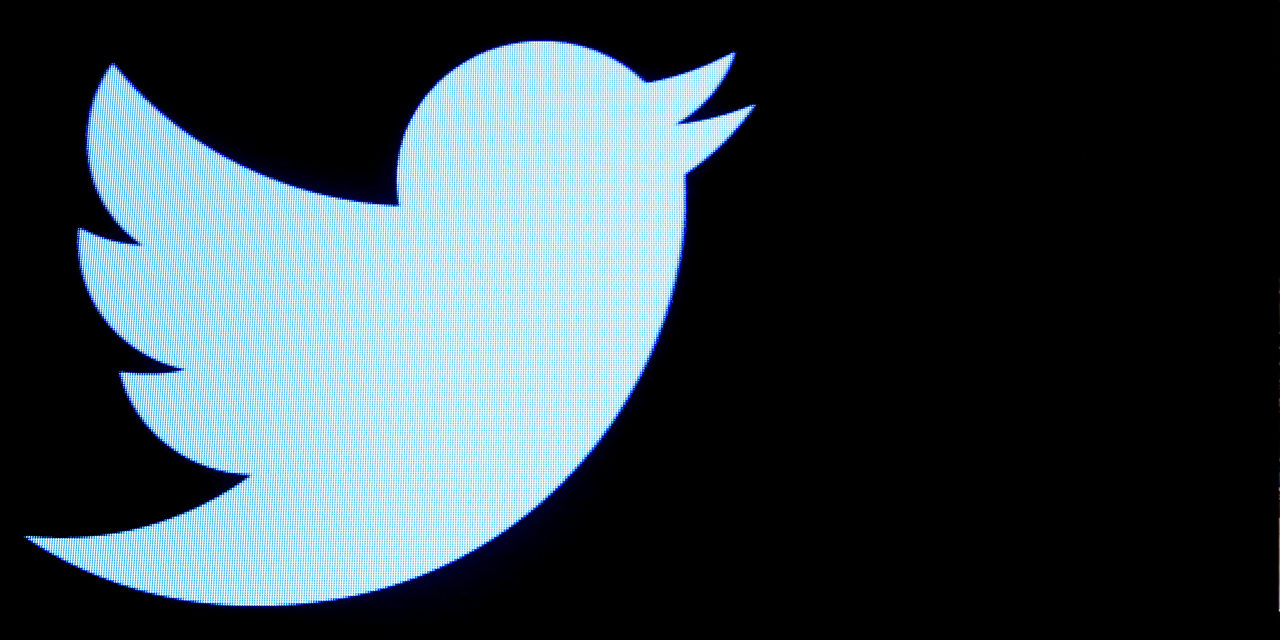Twitter’s decision to ban President Donald Trump and removehis account, and the subsequent censorship of other conservative voices, has free speech minded Americans concerned. As it turns out, world leaders feel the same.
Though broadly condemning the violence that occurred at the U.S. Capitol Building on January 6, many European leaders are also alarmed by the growing monopoly and control that big tech and social media wields.
For example, long-serving German Chancellor Angela Merkel has publicly objected to the decision to silence President Trump via social media.
“The chancellor sees the complete closing down of the account of an elected president as problematic,” Steffen Seibert, her chief spokesman, said at a regular news conference in Berlin. Rights like the freedom of speech “can be interfered with, but by law and within the framework defined by the legislature — not according to a corporate decision.”
It’s not just Germany, but France as well.
Junior Minister for European Union Affairs Clement Beaune said that he was “shocked” that a public company would take such unilateral action.
“This should be decided by citizens, not by a CEO,” he told Bloomberg TV on Monday. “There needs to be public regulation of big online platforms.” Finance Minister Bruno Le Maire earlier said that the state should be responsible for regulations, rather than “the digital oligarchy,” and called big tech “one of the threats” to democracy.
French Finance Minister Bruno Le Maire agreed, stating, “What shocks me is that Twitter is the one to close his account. The regulation of the digital world cannot be done by the digital oligarchy.” He also said that big tech is “one of the threats” to democracy.
It’s an ironic statement considering that social media companies are targeting President Trump and others under the auspices of keeping the peace and maintaining democracy.
When centuries-old enemies like Germany and France agree on something, the world should take notice.
Germany, in particular, knows what can happen when one group exercises extreme control over a country and suppresses free speech.
Europe has been increasingly wary of the power that social media businesses and other large tech companies have amassed over the years. As reported by Bloomberg, “The EU is currently in the process of setting up regulations that could give the bloc power to split up platforms if they don’t comply with rules.”
In 2018, Google was hit by a massive antitrust fine in Europe, totaling a staggering $5 billion. The violation, according to EU officials, was to utilize the Android operating system created by Google to block rivals.
“Google has used Android as a vehicle to cement the dominance of its search engine” over rivals, EU antitrust chief Margrethe Vestager told reporters.
This is after Google faced another fine for $2.4 billion over its online shopping search service, which was deemed unfair to its competitors.
The response in Europe should encourage Americans to open a discussion about how best to maintain freedom of speech but limit the ability of big tech companies and social media to exercise so much control over what the people consume.
Photo from Brendan McDermid/REUTERS






